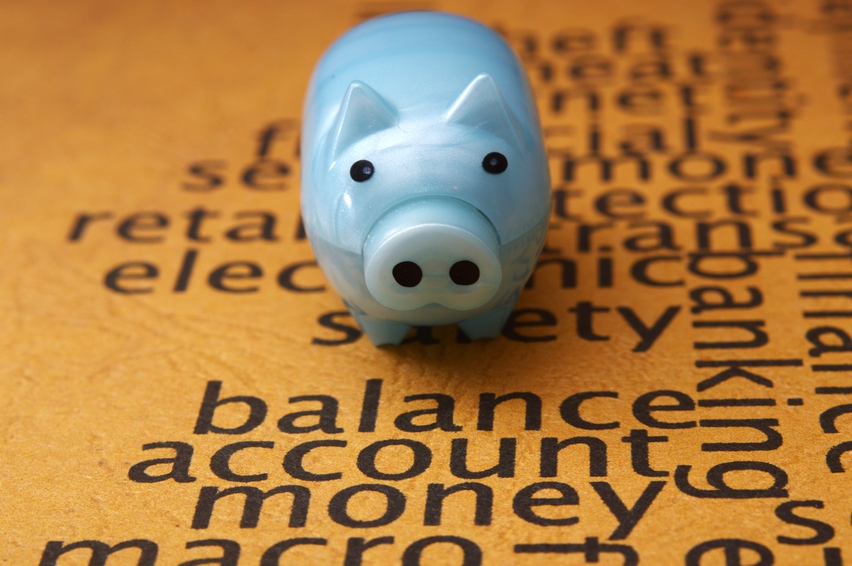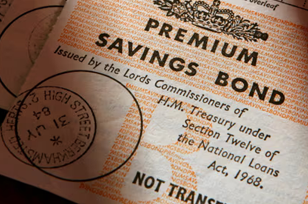Energy Saving Explained
Energy bills are taking up an increasing portion of our household budget. We have no control over the actual price of our energy, but there are several simple things you can do to minimise this expense:
- Pay by direct debit – usually the cheapest way to pay and you don’t have to remember to pay!
- Use less gas and electricity – if you use less energy, your energy bill will be lower. Nothing extreme, like going back to candlelight or restricting everyone to 3 minute showers. But little everyday habits that are just cutting out wasted energy (and money).
For example:- don’t leave lights on in rooms where there are no people
- only boil two cups of water if you’re only making two coffees
- turn down your room thermostat by just 1 degree can save you £80-£85 per year (The Energy Saving Trust)
- turn all your electrical items off properly, don’t leave them on standby. According to the energy saving trust this can save you £30 per year
- Make your home more energy efficient – there are lots of ways to do this, especially if you own your own home. For example, new boiler, improved insulation, solar panels, new windows and some modifications can be paid for by a government grant.
- Switch your energy provider – there are no excuses really. This can save you hundreds of pounds on your energy bills every year. It’s a simple process and can be done if you are the home owner or a tenant.
Energy bills explained
Energy bills are calculated by adding up the total cost per kilowatt, per hour of your electricity and gas usage. Tariffs can fluctuate wildly, but there are ways to control the costs. From choosing different energy providers, to using programmes available through the primary providers in your area, you can find ways to lower your gas and electricity prices.
There are three different types of energy tariff, with different packages available from different companies.
- Fixed Rate Tariffs
This means that you pay a fixed price per kilowatt-hour for your energy for a year. So, the price you pay per kilowatt-hour cannot suddenly become more expensive in the winter. But this doesn’t guarantee that your bill won’t change at different times of the year, because this tariff is not tied to usage. If you use more, you’ll pay more at that set price. There is also the issue of your fixed tariff potentially being more than the standard time at any point during the year. There is the option of plans that spread the total cost of your energy bills into equal monthly instalments. These are calculated based on your previous year’s bill and can be really helpful in terms of household budgeting. - Capped Tariffs
This kind of tariff guarantees that your rate per kilowatt-hour will not go over a predetermined amount. This protects you against hikes in the standard rate because your tariff is capped at the agreed amount, regardless of rise in the standard rate. These tariffs do sometimes enable you to benefit in decreases in the standard rate if they are set up to also go down in line with the standard rate. - Dual Fuel Tariffs
Not only does this mean administering one less bill, but combined gas and electricity tariffs often offer substantial discounts. It means that one company provides both your gas and electricity and the costs are presented on one combined bill. Easier to manage and, usually, cheaper.
Check for any other money leaks using our helpful calculators and guides.













